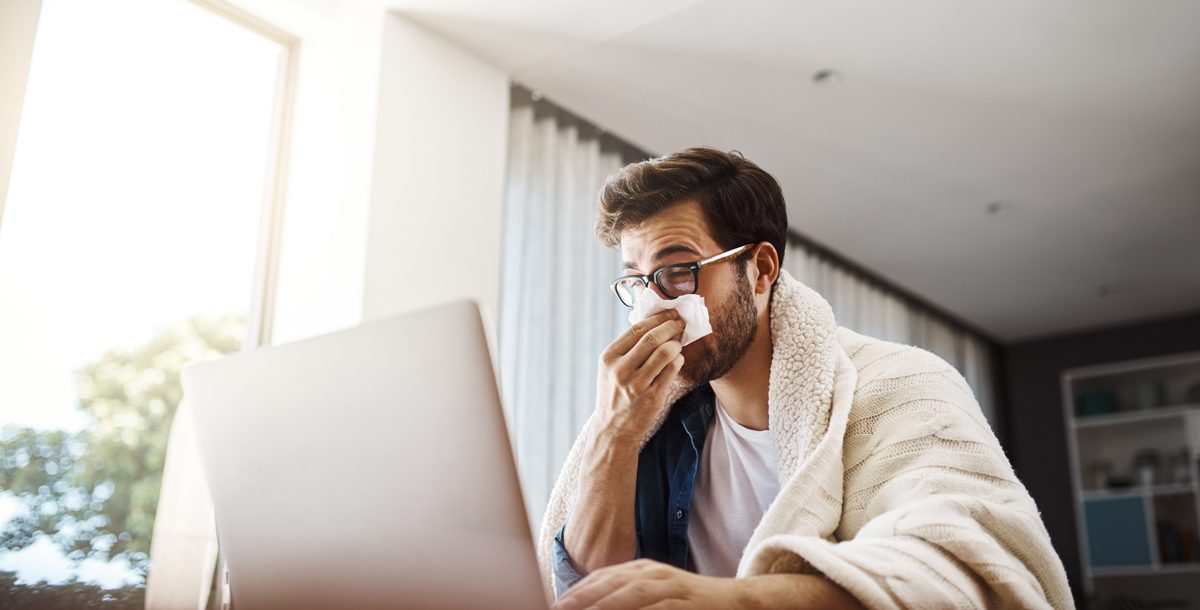As coronavirus (COVID-19) continues to spread, people across the country are eager to learn more about the illness and what to do if they are exposed to the virus. First and foremost, it’s important to know the preventative measures you can take now to help keep yourself healthy.
Secondly, in searching for answers, it’s important to make sure you are getting information from a reliable source, and that’s where we come in. We’re here to help answer your questions and point you to the resources you need.
So, what should you do if you have been exposed to the virus and need to self-quarantine? Let’s answer your questions.
Quarantine vs. Isolation
First, let’s breakdown the difference between quarantine and isolation.
- Quarantine is aseparation of an individual who was exposed to a contagious disease from healthy people to see if they get sick.
- Isolation is a separation of a person infected with a contagious disease from people that are not sick.
Why is it important to self-quarantine?
If you were asked to self-quarantine, it is because you were exposed to COVID-19. This does not mean you are sick, but that you should monitor your health and not have contact with healthy individuals until you aren’t at risk of spreading the virus.
The self-quarantine period for COVID-19 is 14 days. During this period, it is important to stay away from others, including those you live with. In doing so, you are protecting their health and helping prevent the spread of COVID-19 should you end up developing symptoms.
What do I need to do during self-quarantine?
During self-quarantine, be sure to follow these steps:
- Report any symptoms of COVID-19. Be sure to call your health care provider about your symptoms first before you go to their office in order to best protect others.
- Stay indoors. Do not leave your house to go to your job, school or any social events.
- Practice social distancing. By limiting your interactions with other as much as possible, including those you live with, you are helping keep others safe.
- Cover all coughs and sneezes. Do this by either using the inside of your elbow or a tissue.
- Wash your hands. After you cough or sneeze, use soap and water to clean your hands.
- Avoid sharing items. In your household, don’t share cups, towels, silverware or sheets until your self-quarantine is over.
- Keep things clean. COVID-19 can spread very easily via household surfaces. Make sure you are constantly cleaning door knobs, cell phones, countertops and other areas where your germs could be living.
What else should you do if you have questions or believe you have coronavirus?
If you believe you may need medical attention, please call your doctor.
If you have general questions about coronavirus in your community, contact your local department of public health:
- Ohio Department of Health: 833-427-5634
- Kentucky Department of Health: 800-722-5725
If you are concerned that you or a family member have been exposed or are experiencing symptoms, call your primary care provider. Additionally, if you have access to a nurse advice line, you could call that number for information to help you decide where to seek care.
If you are experiencing severe respiratory distress or have a medical emergency, go to your nearest emergency room or call 911.
Stay updated on what Mercy Health is doing related to COVID-19.
Call our 24/7 COVID-19 Hotline at (888) 700-9011 for questions and guidance.







1 Comment
Post a CommentVal
Thanks for info. I agree it’s important to know the preventative actions we can take in order keep ourself healthy.